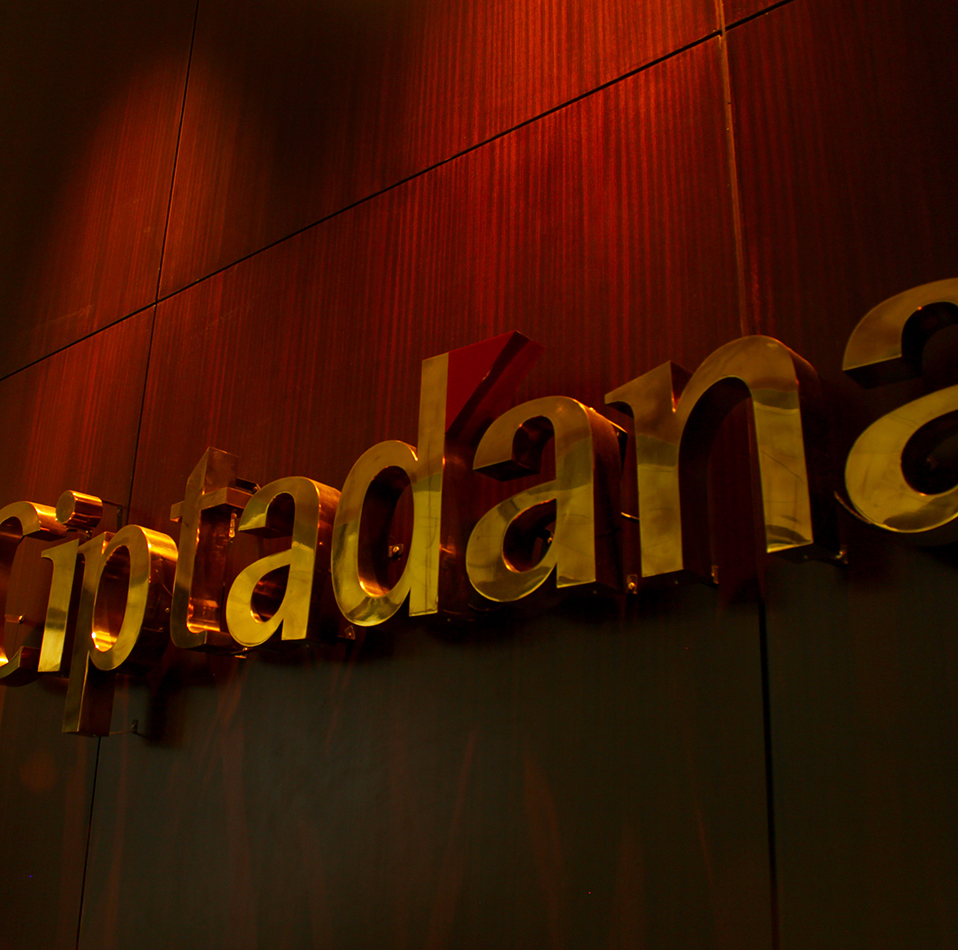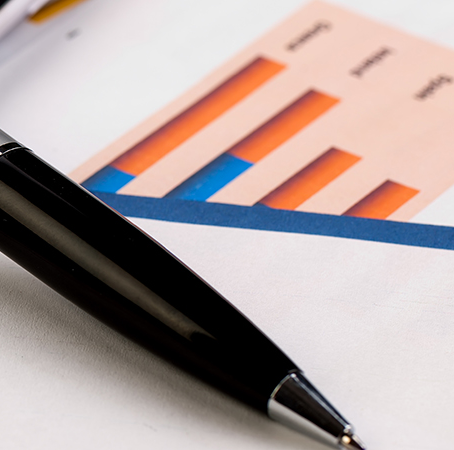Lowest inflation in 20 years
Inflation in May-20 showed an anomaly compared to prior Ramadan months where the households spending and the inflation itself used to be higher. Statistics Indonesia (BPS) recorded inflation at 0.07% MoM and 2.19% YoY in May-20. This came lower than both our and Bloomberg consensus that expected 0.19% MoM and 0.10% MoM, respectively. This inflation is the lowest inflation in 20 years where in June 2000, it was 2.04% YoY then it doubled in the next month then grew faster afterward. As predicted, Ramadan effect, where prices tend to be higher, is muted this year due to Covid-19 pandemic. Large-scale social restrictions (PSBB) and the tendency to save money more drag down the demand side. However, there is an obligation for employers to pay one-month religious holiday bonus that may help the public’s purchasing power during Ramadan and Eid to some extent.
Transportation price increases during PSBB
The biggest contributor of inflation came from transportation basket where it contributed 0.07% to total inflation with 0.87% MoM but in yearly basis, the price fell by 1.23% YoY. All of component price in transportation basket rose where the inflation from passenger transportation services were the highest at 4.11% MoM. It happened due to Ramadan exodus though the government has imposed travel ban to curb the pandemic, in our view. Based on Ministry of Transportation, 24% of Indonesians still wanted to return to their hometown on Eid. Other studies from Indonesian Institute of Sciences (LIPI), the number were 44%. This may be the cause of the relatively high inflation on transportation. The second highest inflation came from healthcare basket at 0.27% MoM where this showed that people still put concern on healthcare product amid the pandemic.
Small deflation arises
As in Jun-20 we will face the relaxation of PSBB, we see demand will be higher in the upcoming months so the threat of deflation will be tame. However, in May-20 some prices from food basket showed deflation where red chili contributed by 0.07%, egg by 0.06% and garlic by 0.05% to the total deflation of food basket. The deflation in food basket happened due to slow demand towards those commodities though in contrary shallot and chicken contributed as much as 0.06% and 0.03% of inflation. The deflation on food basket brought the volatile food on deflation where it fell by 0.50% MoM. Compared to some peer countries, low inflation happens as well where some of them have entered deflation territory such as Philippines, Singapore and even China.
Muted Ramadan effect
Usually, retail sales in Indonesia increase ahead of the Eid holiday, hinting of a rebound in private consumption. However, this effect will be minor but we expect the retail sales would be better right after things get better indicated by the relaxation of PSBB in Jun-20, followed by the increase of inflation benignly. Under the so-called “New Normal”, we see weakening of people’s purchasing power is still the main issue but we believe it can rise slowly over time. The government ensures the food supplies will remain secure. In Mar-20 to Aug-20, Ministry of Agriculture claims that there is a large enough supply of basic commodities and even surplus of them as displayed in Exhibit 3. We see risk of major foods supply chain and the higher price of imported foods may bring impact on the inflation in upcoming months. However, we revise down our estimate on inflation that will be at 3.1% YoY where previously it was 3.5% YoY due to the pandemic in YE 2020. The manageable inflation and the appreciating rupiah provide BI room to have a rate cut in this month. However, we see BI will leave the rate unchanged at 4.5% so BI can have a rate cut whenever the shock on demand side is getting softer.
















